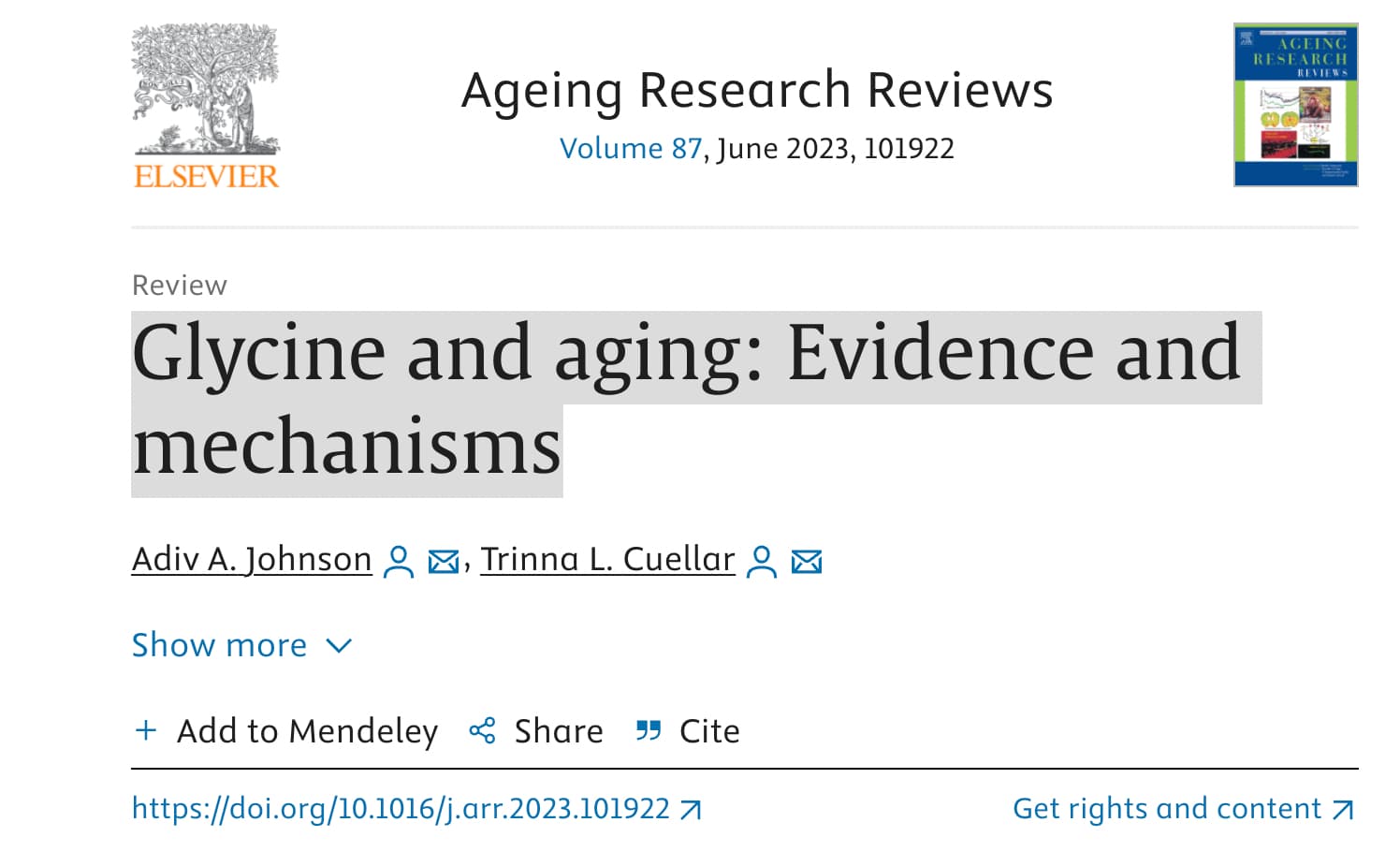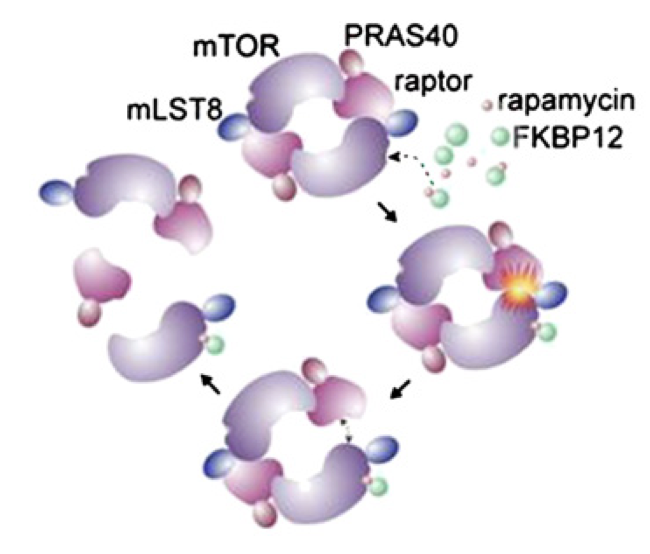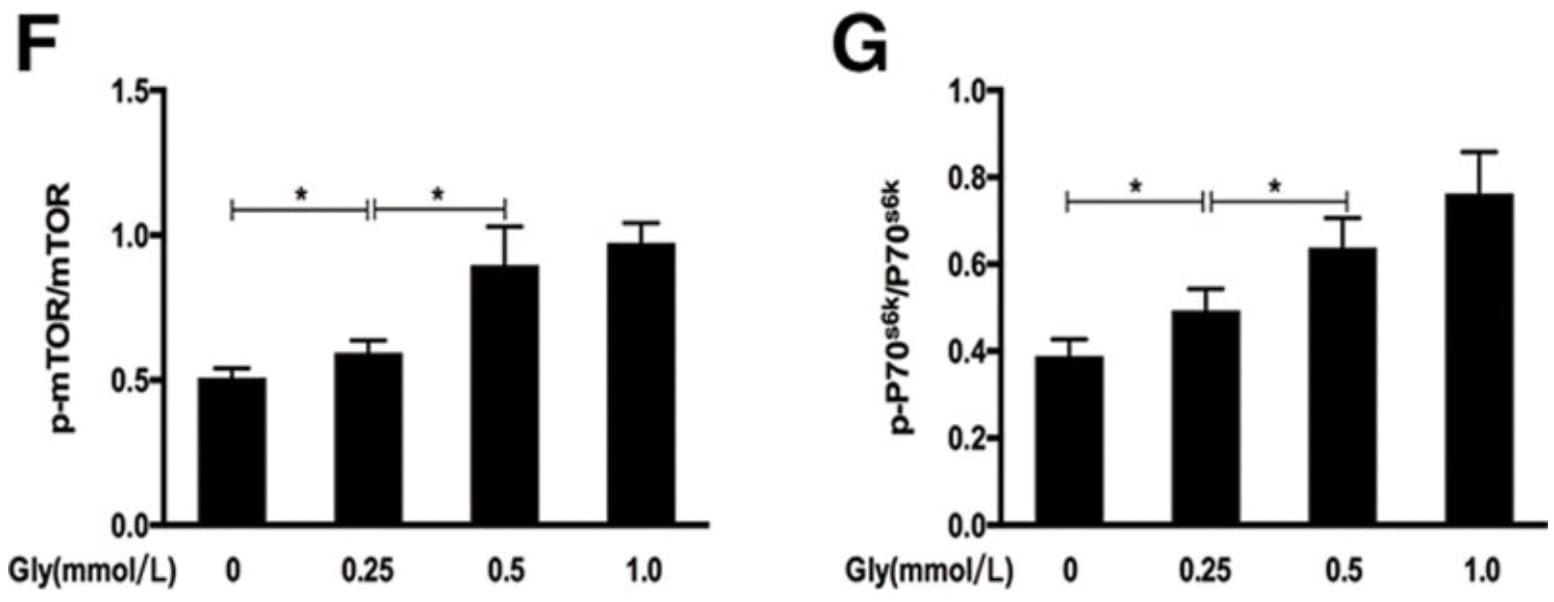No disagreement here. I opined as much, in the post above.
Looks like melatonin would be the better sleep agent.
But this is a one-dimensional benefit shown in Wistar rats. Glycine has other benefits shown in human trials. There is the benefit to glycated hemoglobin shown in human patients in my post 14 above.
Díaz-Flores et al administered 15-g glycine daily (5 g, 3 times daily) to patients with metabolic syndrome. Despite fasting glucose rising significantly from 101 mg/dL to 114 mg/dL (P =0.001), glycated hemoglobin fell from 7.81% to 6.45% (P =0.0001);
5-g glycine 4 times daily for 6 months in an uncontrolled clinical trial, glycated hemoglobin fell from 9.6% to 6.9% (P <0.05);
Glycine supplementation was also associated with significant reductions in systolic blood pressure
The reduction in effect on tumors occurred when the melatonin was combined with glycine in water (dose was also in water, for melatonin and glycine, singly). I am wondering if this reduced effect will also occur, when melatonin and glycine are dosed separately (glycine during the day, and melatonin before bed), considering that the half life of glycine is 4 hours, max.
In any case, even if the effect on tumors is reduced, there is still a reduction - 47.7%. But that comes with other benefits of glycine.
@LaraPo
Rats received 1.5 mL of milk (3.5% fat) containing either melatonin (100 mg/kg of rat body weight; Sigma-Aldrich, St. Louis, MO, USA) or the corresponding amount of microcrystalline cellulose (placebo; from Sigma-Aldrich, St. Louis, MO, USA) daily via gavage.
Divided by 12.3, that is a hefty 480 mg of melatonin for a 60kg individual. Not a dangerous dose (John Hemming’s experience bears that out). But a bit difficult to comply with, for me. In the 90s, I took 6 mg of melatonin before bed, and was groggy the whole morning.


